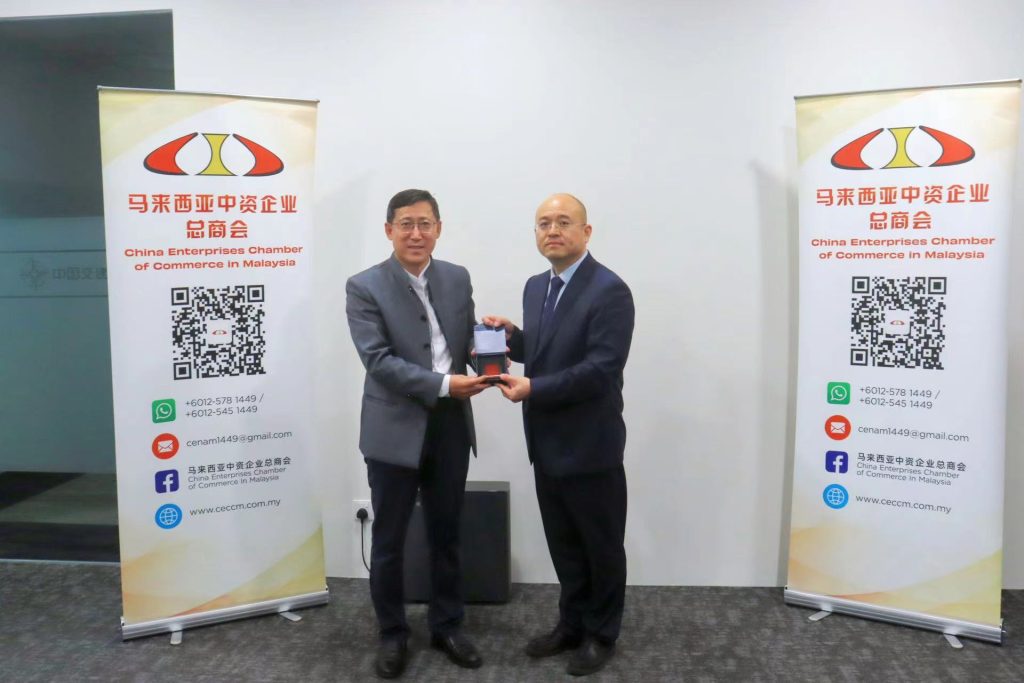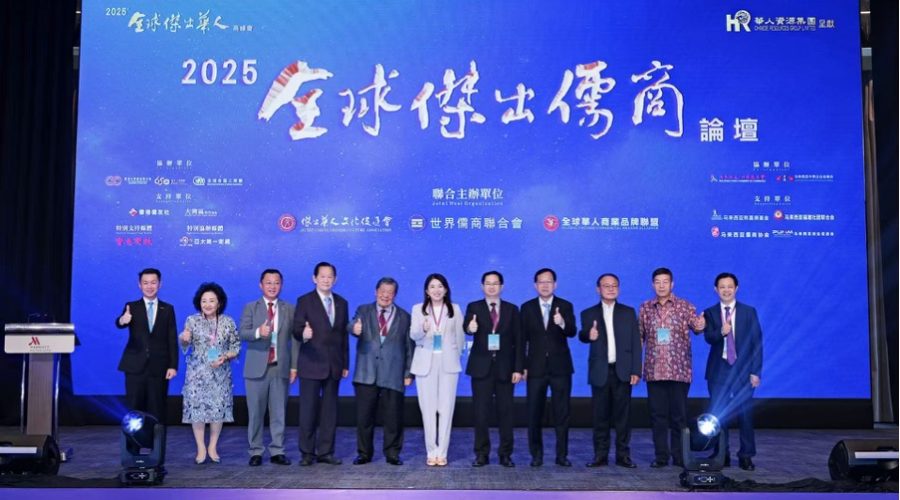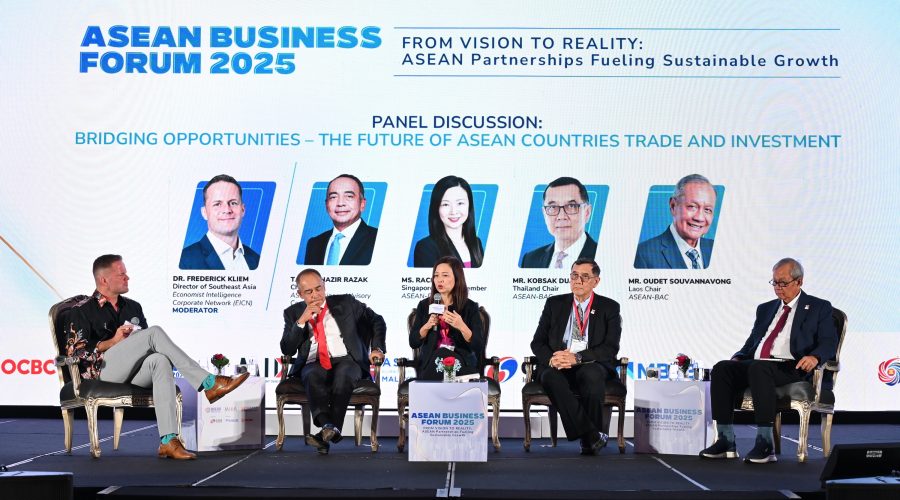On March 25, 2024, the China Enterprises Chamber of Commerce in Malaysia (CECCM) held a discussion with the Institute of World Economics and Politics at the Chinese Academy of Social Sciences. The meeting focused on the investments and industrial distribution of Chinese-funded enterprises in Malaysia, as well as the current state of economic and trade relations and regional economic cooperation between China and Malaysia. Yang Zhijun, the Treasurer of CECCM, along with representatives from member entities, participated in the discussion.
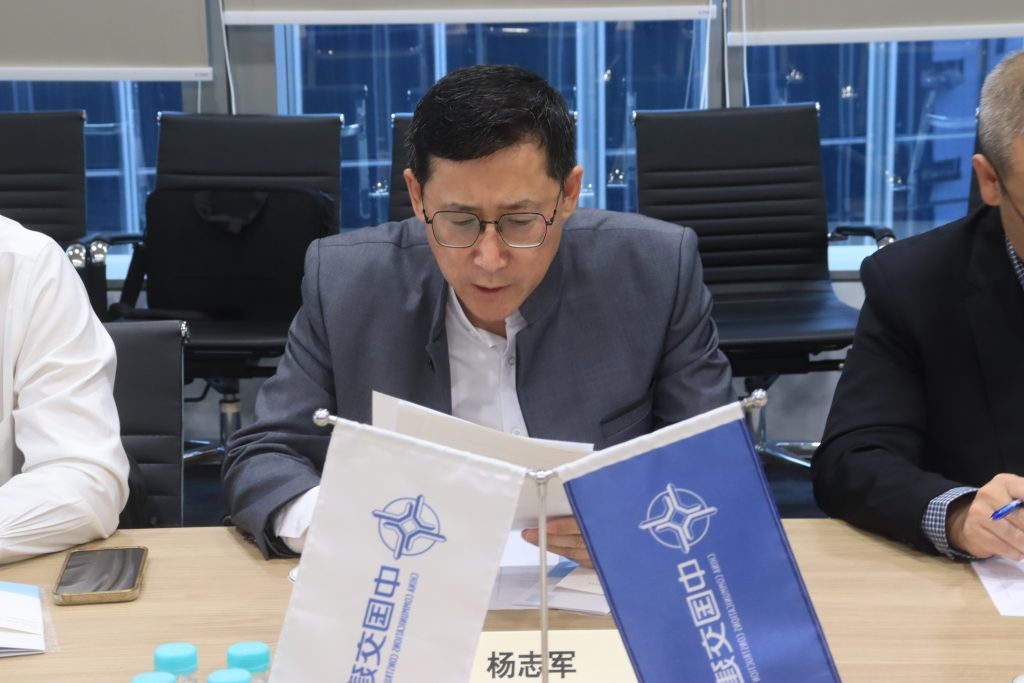 During his speech, Treasurer Yang Zhijun briefly introduced the investment and industrial layout of China enterprises in Malaysia. He highlighted the increase in investments from China companies in Malaysia, spurred by the “Belt and Road” initiative, primarily in sectors like infrastructure construction, high-tech industries, real estate development, and financial services. The collaboration on projects such as the East Coast Rail Link and the development of industrial parks in Kuantan, China-Malaysia Qinzhou Industrial Park, exemplifies the robust cooperation between the two governments. The bilateral relationship between China and Malaysia has been strengthening, with trade covering various sectors and promoting economic diversification in Malaysia. The establishment of the China-ASEAN Free Trade Area (ACFTA) has paved the way for further economic cooperation between China and Malaysia.
During his speech, Treasurer Yang Zhijun briefly introduced the investment and industrial layout of China enterprises in Malaysia. He highlighted the increase in investments from China companies in Malaysia, spurred by the “Belt and Road” initiative, primarily in sectors like infrastructure construction, high-tech industries, real estate development, and financial services. The collaboration on projects such as the East Coast Rail Link and the development of industrial parks in Kuantan, China-Malaysia Qinzhou Industrial Park, exemplifies the robust cooperation between the two governments. The bilateral relationship between China and Malaysia has been strengthening, with trade covering various sectors and promoting economic diversification in Malaysia. The establishment of the China-ASEAN Free Trade Area (ACFTA) has paved the way for further economic cooperation between China and Malaysia.
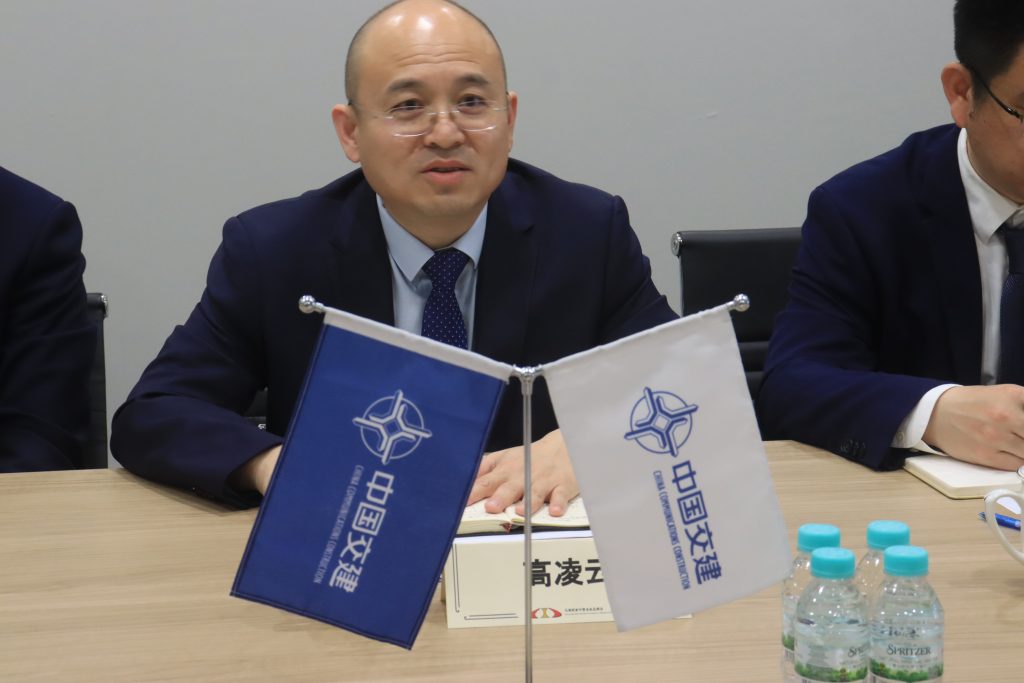 Director Gao Lingyun addressed the meeting with insights into the roles of the Institute and expressed interest in understanding the motivations and challenges faced by China companies and individuals investing abroad post-pandemic. Questions were raised about the adaptation challenges in local markets and regulatory environments, and the support the China government could offer.
Director Gao Lingyun addressed the meeting with insights into the roles of the Institute and expressed interest in understanding the motivations and challenges faced by China companies and individuals investing abroad post-pandemic. Questions were raised about the adaptation challenges in local markets and regulatory environments, and the support the China government could offer.
Representatives from companies like Huawei Technologies (Malaysia) and SINOPEC Engineering expressed their strategies for adapting to local legal and business environments and the desire for greater support from the Chinese government in facilitating overseas investments. They emphasized the importance of cooperation with local entities and leveraging China’s economic achievements to build a strong brand presence internationally.
The discussion also covered strategies for fostering collaboration between China and local businesses, with examples such as addressing Malaysia’s priorities in rare earth development and smart city construction, where China enterprises could contribute significantly.
